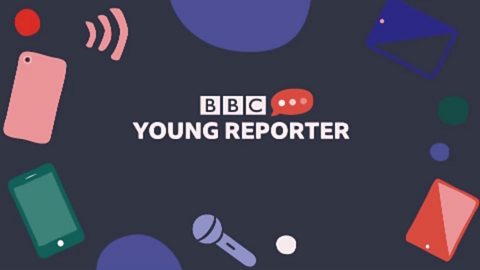The most trusted news sources are accurate and impartial. This means that they always fact-check their stories and verify their sources before publishing. It also means they separate facts from opinions and remain neutral.
These films produced by BBC Young Reporter take a look inside the BBC newsroom and see what it takes to be a trusted journalist and a reliable news source.
Accuracy and impartiality
In this clip, BBC journalists look at how a news story comes together and why being accurate and impartial is crucial in reporting the news correctly.
It uses the example of a story about non-recyclable packaging, and how the claims must be fact-checked, as well as considering other sides of the story.
Facts and opinions
BBC Reality Check journalist Rachel Schraer finds out how to separate facts from opinions.
Facts are based on data and can be checked, whereas opinions are points of view which are often someone’s interpretation of a set of facts. Facts and opinions can both be used in a news story, but it’s always important to establish which is which.
Where next?
Be social media smart: Is seeing believing?
BBC newsreader Tina Daheley looks at how to check what can and can’t be believed.

Think like a journalist: How to check a story
BBC journalist Tina Daheley explains how she checks the facts when reporting on the latest news.

BBC Young Reporter
Encouraging young people aged 11-18 to share their stories and get their voices heard.

Fact or Fake?
Find out how to spot and stop fake news with BBC Bitesize.
